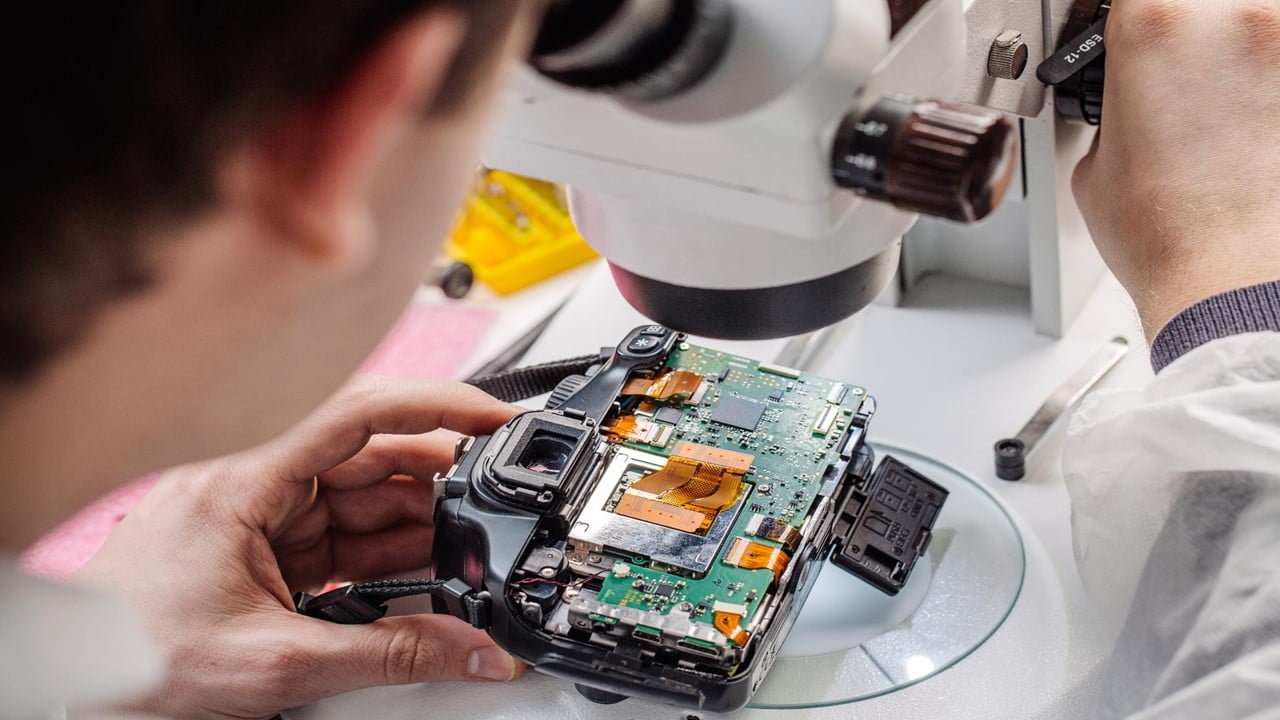
Creating new information and communication technologies presents new challenges for scientists and businesses. The most promising approach to overcoming these difficulties is to create novel quantum materials with exceptional properties derived from quantum physics. A multinational team has created a material in which the curvature of the space fabric in which electrons evolve can be [..]
Read More
Worldwide, sudden cardiac arrest (SCA) is one of the main causes of death. The SCA-to-resuscitation interval highlights the therapeutic need for accurate and prompt SCA detection, a critical factor in determining patient outcomes. This application may benefit from the non-invasive visual method called near-infrared spectroscopy (NIRS). A non-invasive optical biosensing method called near-infrared spectroscopy (NIRS) [..]
Read More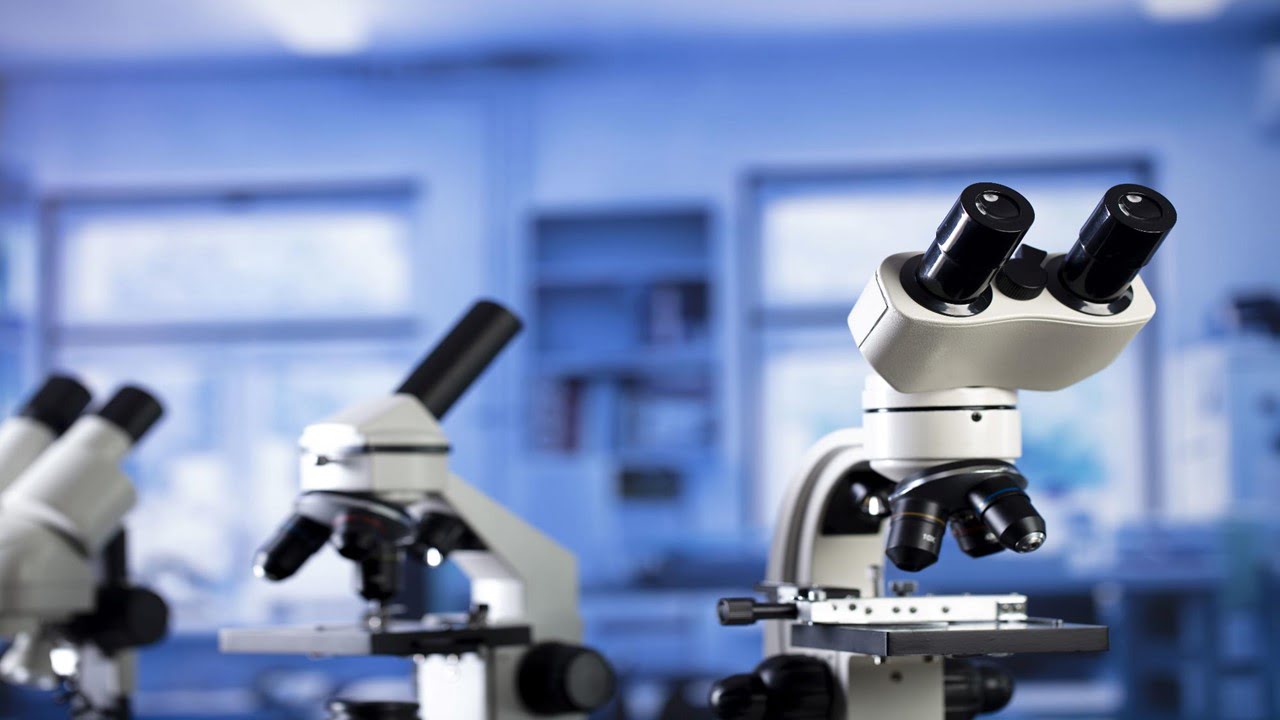
Diagnostic imaging significantly improves clinical analysis and medical intervention by providing doctors and scientists with essential visual representations of internal body structures. Researchers are constantly making strides in knowing how different imaging technologies can improve human health. Brillouin microscopy, in contrast to more traditional imaging techniques like confocal fluorescence microscopy, can obtain mechanical data (such [..]
Read More
Astronomers are aware that a larger telescope has more potent imaging capabilities. The first ultrathin, compact metalens telescope capable of imaging distant objects, such as the moon, was developed by a research team to maintain the power while streamlining one of the bulkier components. Traditional camera or telescope lenses are heavy and bulky because they [..]
Read More
With the arrival of the Metaverse era, there has been an increase in expectations that virtual reality (VR) and augmented reality (AR) technologies will improve everyday convenience and industry productivity performance. A joint research team has introduced core technology for smart contact lenses to implement AR-based navigation through 3D printing. According to the research team, [..]
Read More
Researchers have combined 3D flash and beam-scanning laser light sources to create a 3D, nonmechanical system. According to the researchers, the system can measure the distance of poorly reflective objects in the field of view (FOV) and automatically track their motion — a capability not found in conventional lidar that will allow autonomous vehicles to [..]
Read More
Most mainstream commercial solutions for 3D display are based on binocular vision principles to achieve more realistic visual experiences. However, unlike when viewing real 3D objects, the viewer’s depth of visual focus remains constant while wearing the device to obtain 3D information. This vergence accommodation conflict predisposes the viewer to visual fatigue and vertigo, limiting [..]
Read More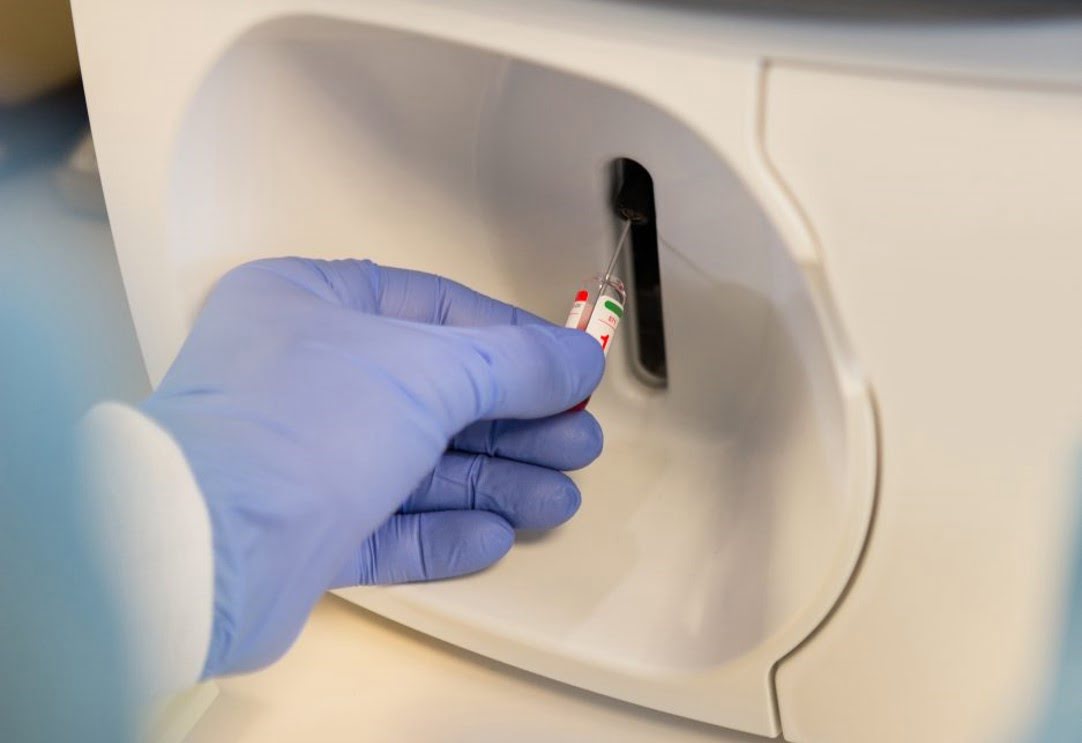
The C-reactive protein (CRP) is an acute-phase protein that plays a role in inflammation. Furthermore, CRP is a biomarker used in blood analyzer diagnostics to predict the risk of cardiovascular disease (CVD) and monitor bacterial and viral infections. Venipuncture is still required to measure plasma CRP and must be performed by trained phlebotomists. As a [..]
Read MorePatients with bone fractures and defects face serious health risks. Synthetic scaffolds have been actively investigated for clinical therapeutics to promote critical-sized bone regeneration, and electrical stimulations are recognized as an effective auxiliary to facilitate the process. Researchers created a three-dimensional (3D) biomimetic scaffold with thin-film silicon (Si) microstructures. This Si-based hybrid scaffold provides a [..]
Read More
Researchers have made a significant breakthrough in thermal radiation by discovering a new method for producing spinning thermal radiation in a controlled and efficient manner using artificially structured surfaces known as metasurfaces. Thermal radiation, caused by random fluctuations in materials, has traditionally been regarded as an incoherent signal. The emitted heat from most conventional thermal [..]
Read More
Researchers created a tunable laser based on liquid droplets that can be inkjet-printed and have a color that changes depending on the shape, potentially leading to cheaper and more flexible optical communication devices. They demonstrated a straightforward method for creating ionic liquid microdroplets that function as flexible, long-lasting, and pneumatically tunable lasers. Unlike existing “droplet [..]
Read More
Many life-saving drugs interact directly with DNA to treat diseases like cancer, but scientists have struggled to understand how and why they work – until now. In a paper, researchers described a new DNA sequencing method to detect where and how small molecule drugs interact with the targeted genome. Understanding how drugs work in the [..]
Read More
Scientists have determined the mechanism and functional form for the yield of neutrons from a laser-driven source and used it to carry out a neutron resonance analysis much faster than conventional methods. This work may help bring non-invasive testing to more applications in manufacturing and medicine. While most microscopes use photons or electrons to study [..]
Read More
According to new research, PET/MRI achieves comparable or superior results to PET/CT for detecting pulmonary malignancies. Based on those findings, experts involved in the study believe that MRI could play a growing role in lung cancer staging and restaging. Although previous research has yielded somewhat contradictory results on the efficacy of the modality for detecting [..]
Read More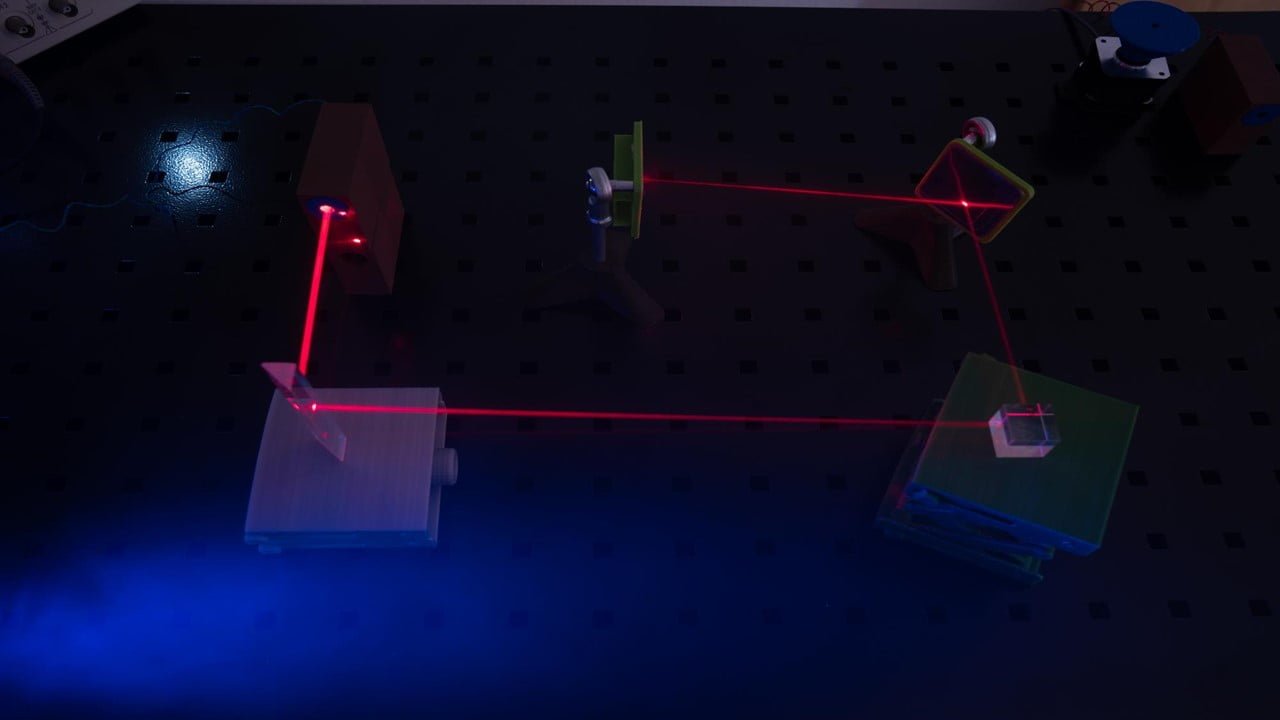
Researchers struggle to detect cognition accurately. Functional magnetic resonance imaging (MRI) is currently used to measure brain activity. However, this method necessitates the patient lying still in a large, noisy, expensive apparatus. A portable and noninvasive brain imaging method is required to understand how the brain works. A group of scientists has created a high-performance [..]
Read More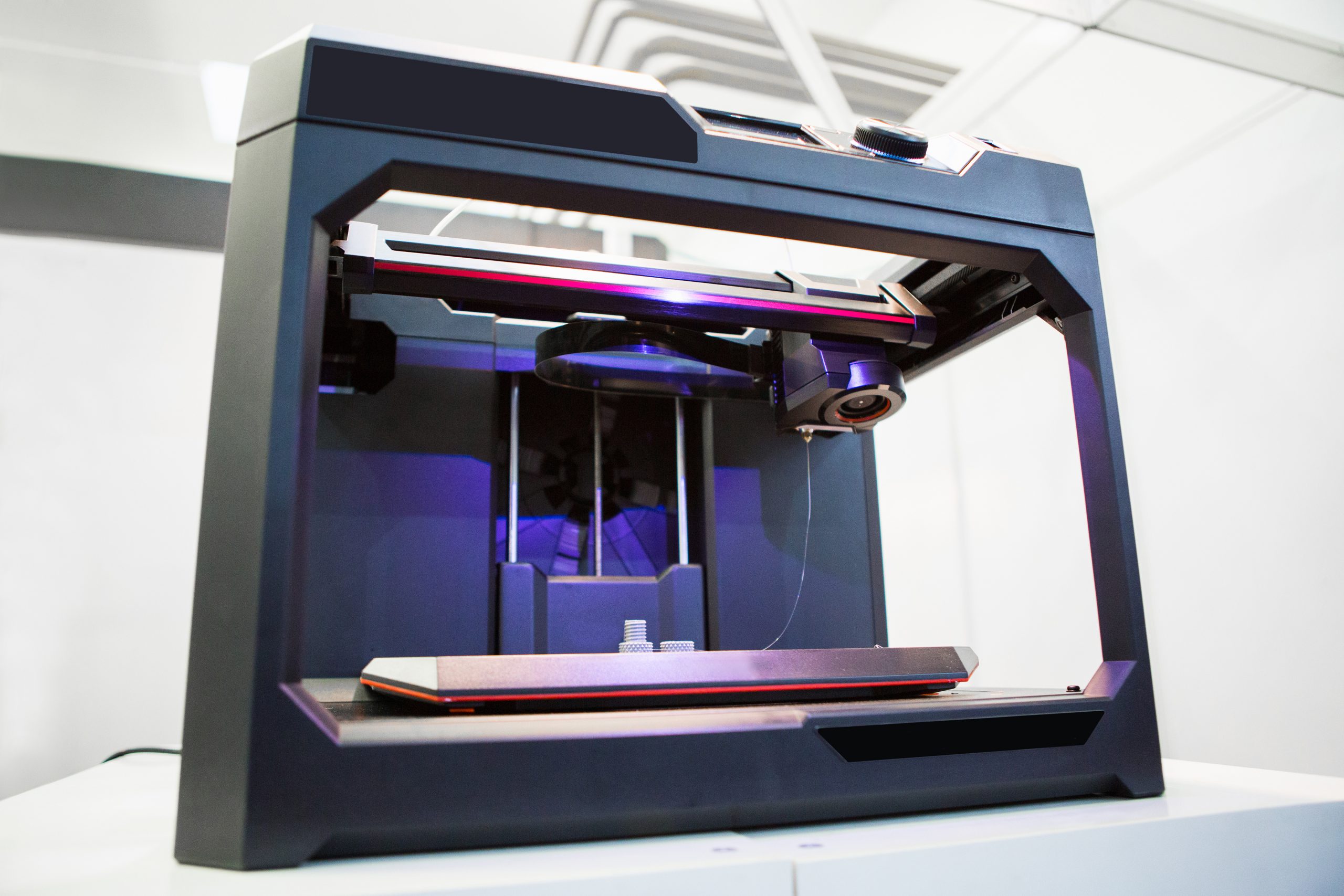
A study on microfabrication using additive manufacturing was conducted by researchers, which adds to the emerging paradigm shift of building microstructures with AM to revolutionize device design in fields such as medicine and energy storage. The study describes engineers’ new approach to addressing multiple microfabrication issues in AM and enabling 3D-printed objects as small as [..]
Read More
A group of researchers has created a deep learning-based ultrasound hologram generation framework technology that allows them to freely configure the form of focused ultrasound in real time using holograms. It is expected to be a foundational technology in brain stimulation and precision treatment. Ultrasound can treat conditions such as Alzheimer’s, depression, and pain. The [..]
Read More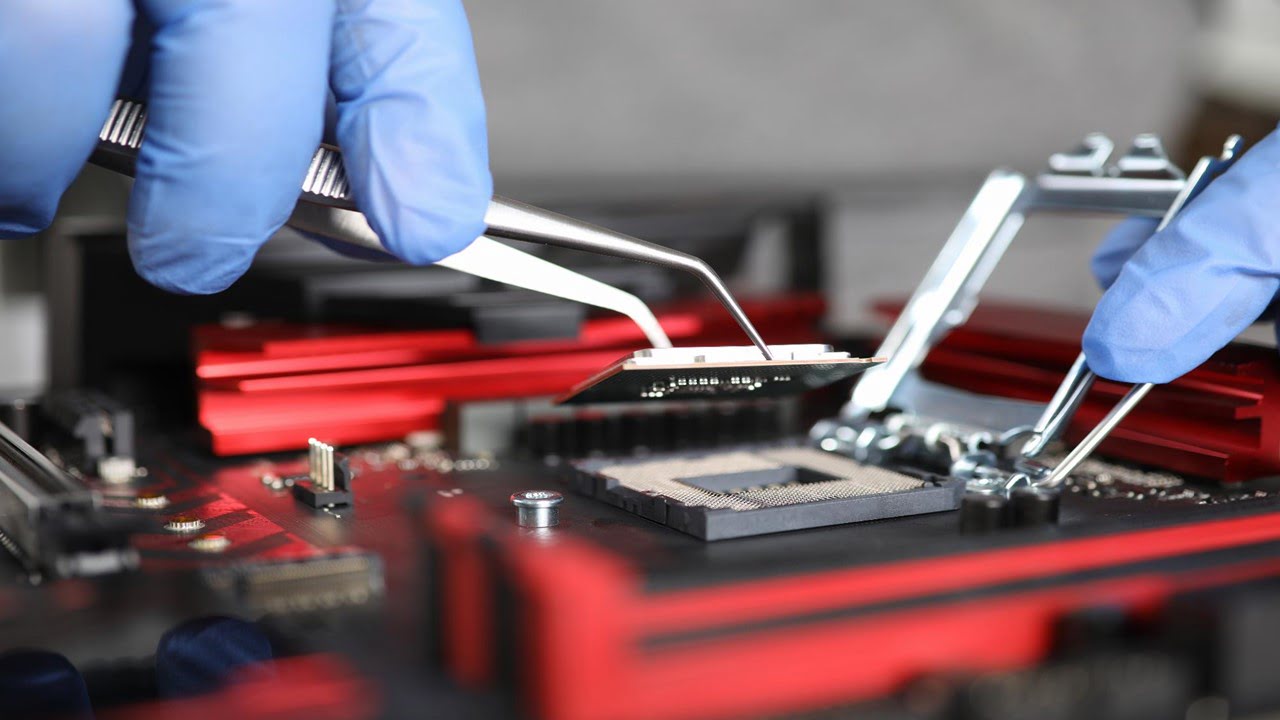
During the last decade, metal halide perovskites (MHPs) have emerged as a rising star in optoelectronics. Due to the intriguing optoelectronic properties of MHPs, cutting-edge optoelectronic technologies based on MHPs, such as perovskite solar cells (PSCs), light emitting diodes (LEDs), photodetectors (PDs), and lasers, have been leading the prevailing paradigm. Furthermore, MHPs have the advantages [..]
Read More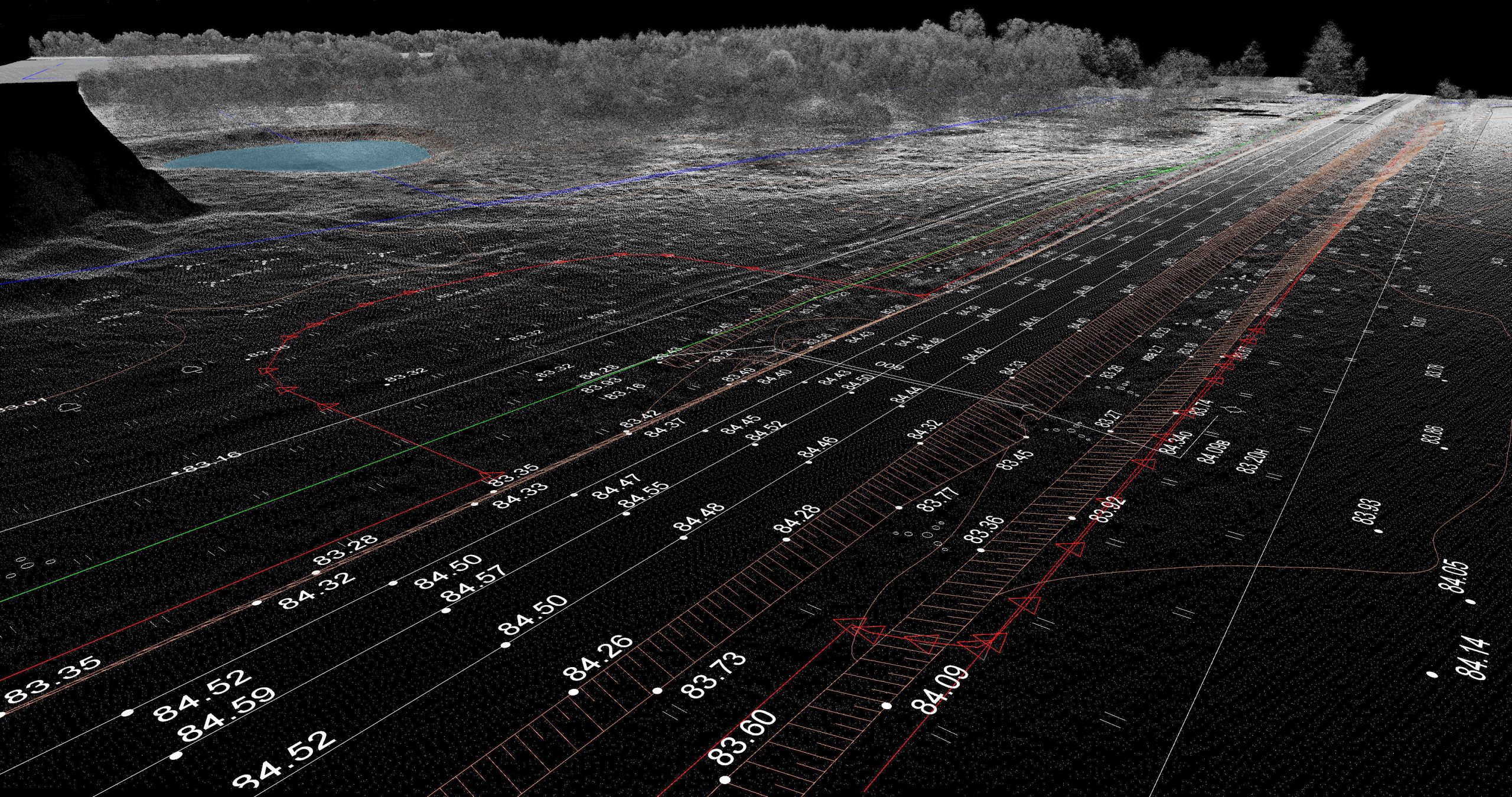
Microelectronics has transformed how we manipulate electricity, allowing for sophisticated electronic products that are now a necessary part of our daily lives. Integrated photonics has transformed how we control light in applications such as data communications, imaging, sensing, and biomedical devices. While near-infrared lasers have made some progress, the visible-light lasers that feed photonic chips [..]
Read More
LIBS is a rapidly developed chemical analysis technology for trace element analyses in gases, liquids, and solids. The plasma-grating-induced breakdown spectroscopy technique (GIBS) could overcome the limitations of FIBS. A high-power laser pulse is used in GIBS to elicit short-lived, high-temperature plasma in a sample. As the plasma cools, it emits spectral peaks corresponding to [..]
Read More